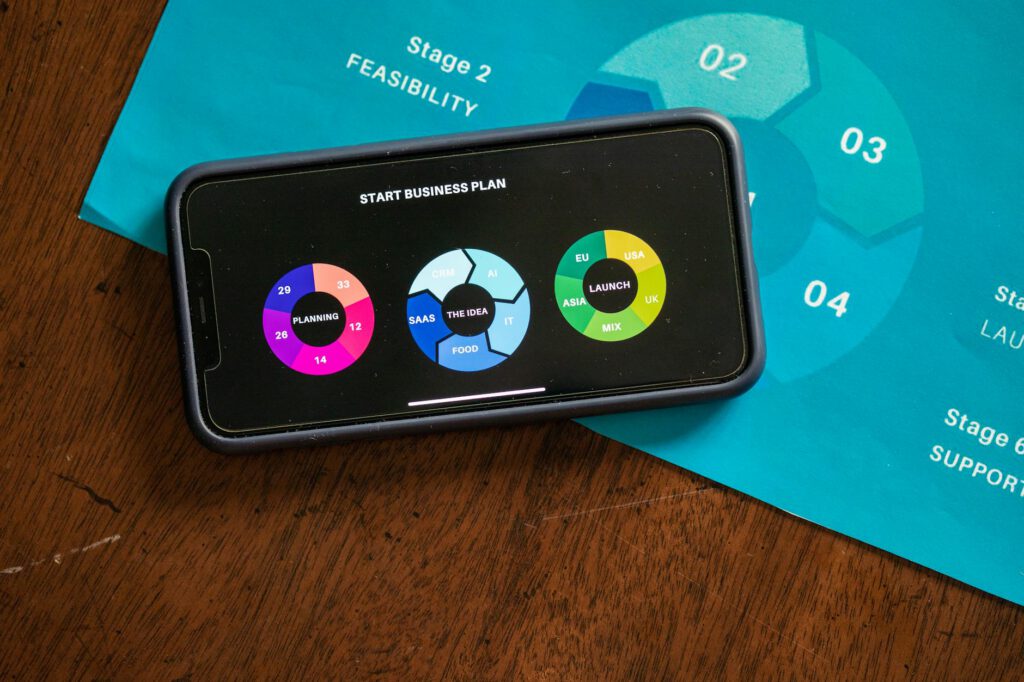: A Complete Guide
Introduction
Email marketing remains one of the most effective digital marketing strategies, but businesses operating in the European Union (EU) must navigate strict data privacy laws. Non-compliance can lead to hefty fines, reputational damage, and loss of customer trust.
Understanding the legal landscape is crucial for marketers to ensure their campaigns align with regulations like the General Data Protection Regulation (GDPR) and the ePrivacy Directive. This guide explores key data privacy laws affecting email marketing in the EU, best practices for compliance, and actionable strategies to protect your business while maximizing engagement.
Why Data Privacy Laws Matter for Email Marketers
The EU has some of the world’s strictest data protection regulations, designed to safeguard individuals’ personal information. For email marketers, this means:
- Explicit consent is required before sending promotional emails.
- Transparency in data collection and usage must be maintained.
- User rights, such as the right to access or delete data, must be respected.
Failure to comply can result in fines of up to €20 million or 4% of global revenue—whichever is higher. Beyond penalties, businesses risk losing customer trust, making compliance a competitive advantage.
Key Data Privacy Laws Affecting Email Marketing in the EU
1. General Data Protection Regulation (GDPR)
The GDPR, enforced since 2018, is the cornerstone of EU data privacy laws. It applies to any business processing personal data of EU residents, regardless of the company’s location.
Key GDPR Requirements for Email Marketing
- Consent Must Be Explicit & Informed
- Users must opt-in (not pre-ticked boxes).
- Clear language explaining data usage is mandatory.
-
Example: A checkbox stating, “I agree to receive marketing emails” with a link to the privacy policy.
-
Right to Withdraw Consent (Unsubscribe)
- Every email must include an easy unsubscribe option.
-
Requests must be processed immediately.
-
Data Minimization & Purpose Limitation
- Only collect necessary data (e.g., email addresses, not excessive details).
-
Data should only be used for the stated purpose.
-
Data Subject Rights
- Users can request access, correction, or deletion of their data.
- Businesses must respond within 30 days.
2. ePrivacy Directive (Cookie Law)
Often called the “Cookie Law,” the ePrivacy Directive complements GDPR by regulating electronic communications, including email marketing.
Key Rules Under the ePrivacy Directive
- Prior Consent for Tracking
- If emails contain tracking pixels (for open rates), users must be informed.
-
Example: A disclaimer in your privacy policy stating, “We track email opens for analytics.”
-
B2B vs. B2C Email Rules
- B2C emails require explicit consent.
- B2B emails may rely on legitimate interest (but best practice is still obtaining consent).
Steps to Ensure GDPR-Compliant Email Marketing
1. Obtain Valid Consent
- Use double opt-in (confirming via a follow-up email).
- Keep records of consent (timestamp, method, and wording used).
2. Provide Clear Privacy Notices
- Explain:
- Why you’re collecting data.
- How it will be used.
- How long it will be stored.
3. Implement Easy Unsubscribe Mechanisms
- Include an unsubscribe link in every email.
- Use a preference center to let users choose email frequency.
4. Secure Data Storage & Processing
- Use encrypted email marketing tools.
- Regularly audit third-party vendors for compliance.
5. Train Your Team
- Ensure marketing and sales teams understand GDPR obligations.
- Conduct regular compliance reviews.
Tools & Resources for GDPR-Compliant Email Marketing
| Tool | Purpose |
|————————|————————————–|
| Mailchimp | GDPR-compliant email automation |
| HubSpot | Consent management & tracking |
| OneTrust | Privacy policy & cookie consent |
| GDPR.eu | Official compliance guidelines |
FAQs on EU Email Marketing Laws
1. Can I send marketing emails without consent in the EU?
No, unless you have legitimate interest (rare for B2C). Always seek explicit opt-in consent.
2. Do I need consent for existing email lists?
If collected before GDPR (May 2018), you may need to reconfirm consent if records are unclear.
3. What’s the penalty for non-compliance?
Fines up to €20 million or 4% of global revenue, plus reputational damage.
4. Are B2B emails exempt from GDPR?
No, but legitimate interest may apply. Best practice is still obtaining consent.
Conclusion
Navigating EU data privacy laws for email marketing is non-negotiable. By following GDPR and ePrivacy Directive guidelines—securing explicit consent, ensuring transparency, and respecting user rights—businesses can build trust while avoiding legal risks.
Leverage compliance tools, train your team, and stay updated on regulatory changes to maintain a privacy-first email marketing strategy. Compliance isn’t just about avoiding fines—it’s about fostering long-term customer relationships in an era where data privacy is paramount.
By implementing these best practices, your email campaigns will not only be legally sound but also more effective in engaging an audience that values transparency and respect for their data.

